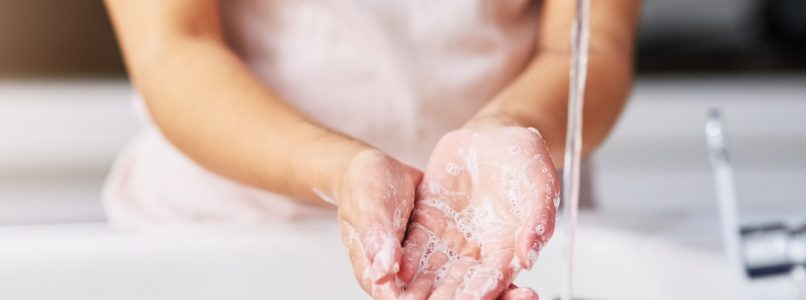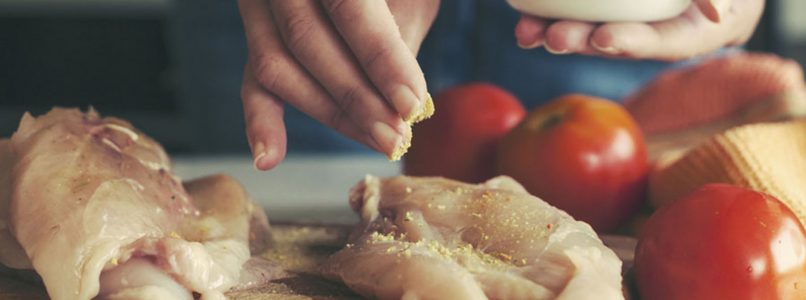Washing your hands is essential to prevent the new coronavirus, a respiratory disease that can also be transmitted by touching the mouth, nose or eyes with contaminated hands. Here are the rules to follow to stay away from the infection
Washing your hands is one of the fundamental rules dictated by the Ministry of Health to prevent the new coronavirus COVID-19. Like other respiratory diseases, new coronavirus infection can cause mild symptoms such as cold, sore throat, cough and fever, or more severe symptoms such as pneumonia and breathing difficulties. It can rarely be fatal. The people most likely to experience severe forms are the elderly and those with existing diseases, such as diabetes and heart disease. Washing your hands often throughout the day is able to prevent infection in case of contact with any viruses present in the environment. The new coronavirus is in fact a respiratory virus that spreads even by touching the mouth, nose or eyes with contaminated (not yet washed) hands. But how do you wash your hands to avoid getting sick? Here are some basic rules to follow to prevent Coronavirus.
What to use: soap or sanitizers
For hand hygiene according to the indications of the Ministry of Health, ordinary soap is sufficient. In the absence of water, alcohol-based hand sanitizers can be used. However, these products should be used when the hands are dry, otherwise they are not effective. If used frequently they can cause dry skin. There are medical-surgical and biocidal products authorized on the market with bactericidal action, but care must be taken not to abuse them. Prolonged use could encourage the development of resistance in bacteria against these products, increasing the risk of infections.
How long to spend on proper hand hygiene
To wash your hands correctly if you use soap and water, the washing should not last less than 40-60 seconds. If instead of using alcohol-based sanitizers, the operation must last no less than 30-40 seconds.
When to wash your hands
For proper hand hygiene it is important to wash them often throughout the day. But there are times when doing so is critical to preventing contagion. For example, before eating. Even before handling or consuming especially raw foods, especially meat, fish, poultry eggs it is important to do so. Coronavirus is transmitted through the respiratory tract, including the nose and mouth. Hands should then be washed before applying or removing contact lenses, before and after using the bathroom, after throwing out the trash or taking means of transport. To prevent infection, hand washing is a fundamental operation after coughing, sneezing or blowing your nose. Even after touching animals it is important to wash your hands as well as before or after changing a diaper and in many other situations of everyday life.
How to wash your hands with soap and water
According to the indications of the Ministry of Health, you must first wet your hands with water and apply enough soap to cover the entire surface of the hands. Then rub your hands palm against palm. For correct hygiene, place your right palm over your left back, interlacing your fingers together and vice versa. Then rub the back of the fingers against the opposite palm keeping the fingers tight between them. Rub your hands palm against palm back and forth by interlacing the fingers of the right hand crossed with those of the left. Then rub your right thumb keeping it tight in the palm of your left hand and vice versa. Rub by turning the fingers of the right hand back and forth, held together in the palm of the left hand and vice versa. Then rub the wrist by rotating the fingers of the right hand back and forth between them on the left wrist and repeat for the right wrist. Rinse your hands thoroughly with water. Dry your hands thoroughly with a disposable towel. And finally use the disposable towel to close the tap.
How to wash your hands with alcohol solution
To wash your hands, pour enough solution into your palm to cover the entire surface of your hands. Rub your hands palm against palm, then the left palm over the right back intertwining the fingers between them and vice versa. And still rub well palm against palm and the backs of the hands with your fingers. Rub your right thumb keeping it tight in the palm of your left hand and vice versa. Rub by turning the fingers of the right hand back and forth, held together in the palm of the left hand and vice versa. Then rub the wrist by twisting the fingers of the right hand back and forth between them on the left wrist and repeat for the right wrist.

